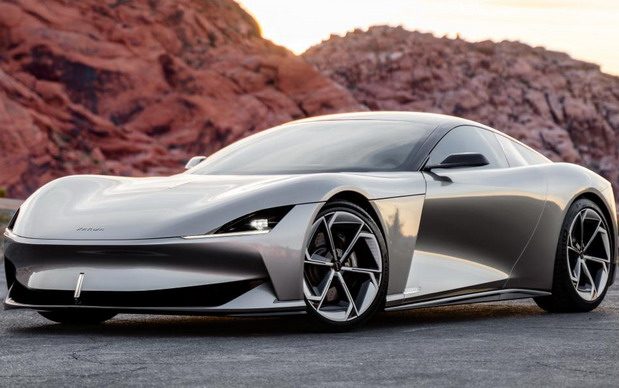BMW

After the i3 is discontinued, in 2028 the Bavarian brand intends to launch the electrified i1 and i2
BMW recently bid farewell to the i3, after manufacturing 250,000 units of the small electric vehicle over its eight years of life, and for the time being there is no replacement in sight in the brand's catalog, although the name i3 is still present in China, in a electric version of the long-chassis Series 3.
Apparently, BMW is planning an electric access to its range, the hypothetical BMW i1, but it is still far from reaching the market, as it is believed that it will go into production in November 2027. For now, the BMW iX1 is the closest thing to it. to an access tram for the brand.
According to the well-known Bimmer Post forum, the Bavarian manufacturer will have not one, but two basic electrics in its plans, the i1 and i2 (internal denomination NB9 and NB8, respectively), although this second one should arrive a little later, already in July 2028. Both cars could be in production until 2035.
These two electric vehicles, the zero-emission equivalents of the Series 1 and Series 2, will be based on the house's new platform, called Neue Klasse, which theoretically will allow for front- or all-wheel drive versions.
The BMW i1 could be a compact or a sedan, as the iX1 already covers the segment of access to zero-emission crossovers. And speaking of the iX1, it is believed that a second generation on the same Neue Klasse architecture will start to be manufactured in July 2027.
For its part, the BMW i2 can have different formats, following in the footsteps of the Series 2 Coupe, Series 2 Gran Coupe and Series 2 Active Tourer. In any case, the i2 will take at least six years to reach the market, as there are more priority models for the German manufacturer.
While the aforementioned Neue Klasse platform theoretically allows the brand to cut production costs in half, smaller, affordable electric cars won't be as profitable for BMW as an i3 Sedan or an iX3.
Finally, it should be noted that these electric futures will feature the sixth generation of home battery technology, which will allow a 30% increase in autonomy, a much faster charging process and a 60% reduction in emissions during the process. of manufacturing.
Autonews

Nenhum comentário:
Postar um comentário